How to Create Websites and Develop Applications
In our time, the internet has become an integral part of our daily lives. It allows us to communicate with others, also websites and applications provide us with the services and information we need. In this article, we will learn about the importance of creating websites and applications, and how to create them.
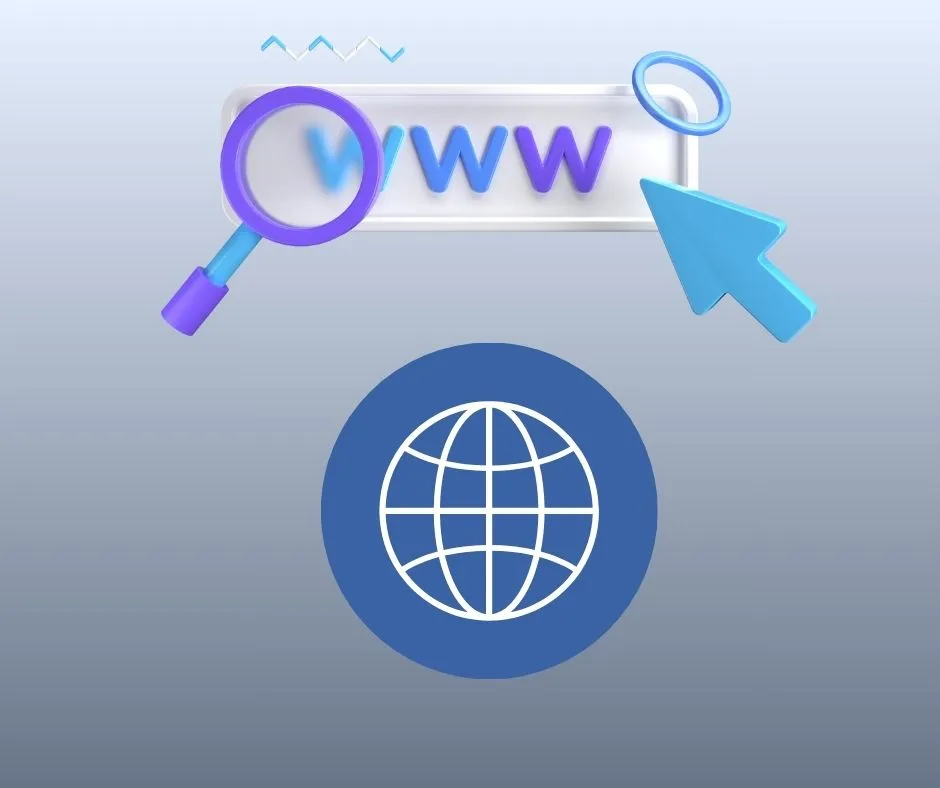 Definition of a website
Definition of a website
A website is a collection of web pages that are linked together using HTML. It typically contains specific content (text, images, videos) and is generally located on the same server. It is prepared and maintained as a group of information by an individual, group, or organization.
Websites can be accessed over the internet thanks to the web service and through a computer program called a web browser. Websites can also be viewed on mobile devices using WAP technology. Websites are located on what is called a web host.
When searching the internet, we find that all websites start with WWW, which is the World Wide Web.
Importance of Creating and Developing Websites and Applications
Importance of Creating and Developing Websites
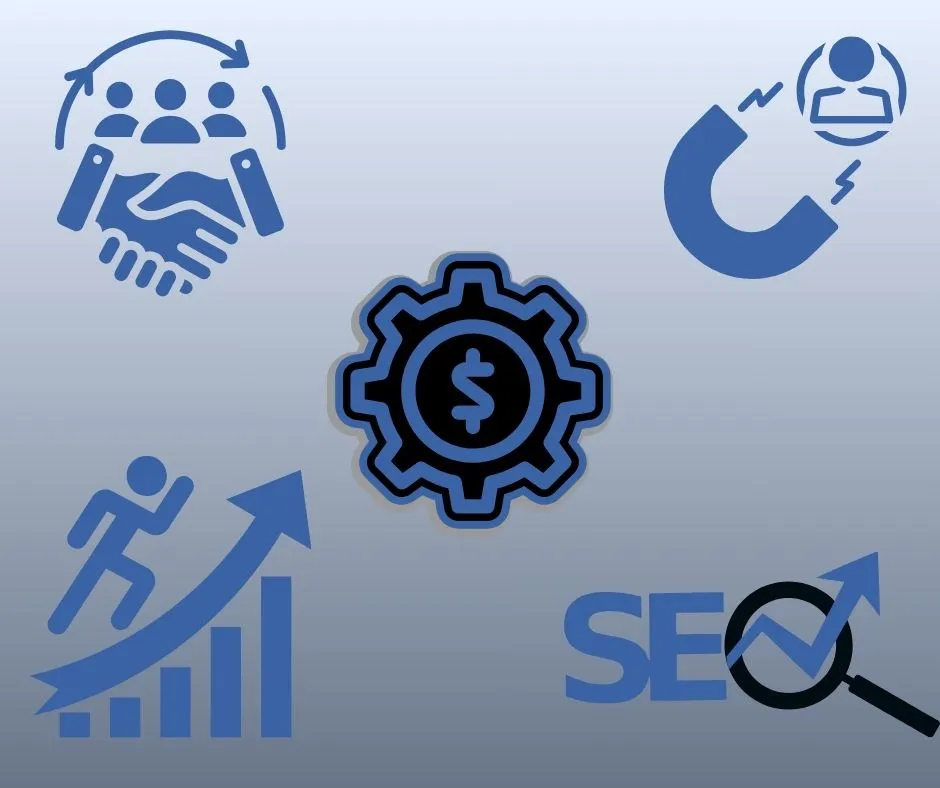
- Information: Websites can be used to provide information about a wide range of topics.
- Marketing and Promotion: Websites can be used to market and promote products or services.
- E-commerce: Websites can be used to sell and purchase goods and services online.
- Learning and Education: Websites can be used for learning and education.
- Social networking: Websites can be used for social networking with others.
The Importance of Creating and Developing Applications
Applications have become an essential part of our daily lives. They are used in a variety of fields, including business, entertainment, education, health, and social networking.
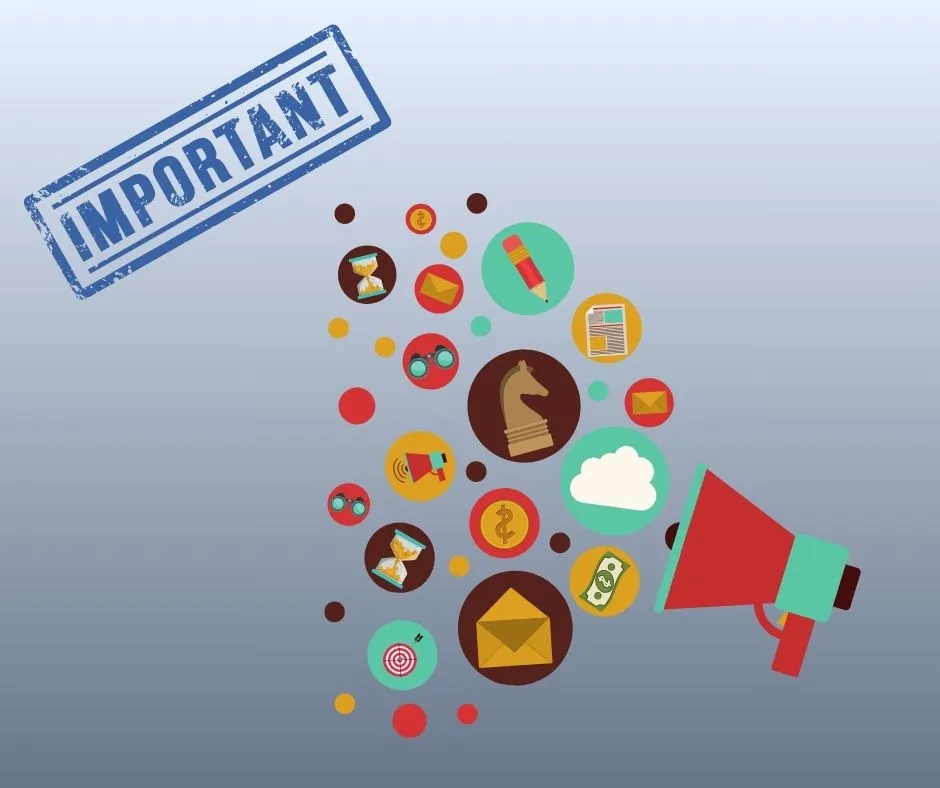 There are many benefits to create and develop applications, including:
There are many benefits to create and develop applications, including:
-
-
- Improve efficiency: Applications can help improve efficiency in a variety of fields. For example, business applications can help simplify administrative tasks and improve customer communication.
-
- Increase productivity: Applications can also help increase productivity in a variety of fields. For example, educational applications can provide access to information and tools that can help students learn more effectively.
- Improve communication: Applications can also help improve communication in a variety of areas. For example, social applications can help people connect with each other and share information and ideas.
- Provide entertainment: Applications can also help provide entertainment in a variety of areas. For example, entertainment applications can provide games, music, movies, and other enjoyable content.
Here are some specific examples of the importance of creating and developing applications:
- In the business field: Applications can help businesses improve efficiency, productivity, and communication. For example, human resource management applications can help businesses simplify HR functions, sales applications can help businesses track sales activities, and customer service applications can help businesses provide better customer service.
- In the education field: Applications can help students learn more effectively. For example, e-learning applications can help students access information and tools that can help them understand complex concepts, and evaluating applications can help students evaluate their progress.
- In the health field: Applications can help people manage their health. For example, health applications can help people track physical activity, food, and sleep levels, and healthcare applications can help people communicate with healthcare providers.
- In the social networking field: Applications can help people connect with each other and share information and ideas. For example, social networking applications can help people stay connected with friends and family, and instant messaging applications can help people communicate in real time.
In general, creating and developing applications can be an effective way to improve efficiency, productivity, communication, and entertainment in a variety of fields.
How to create an effective website
Now it is easier than ever to create a website. This is due to the availability of many tools that can help you create your own website.
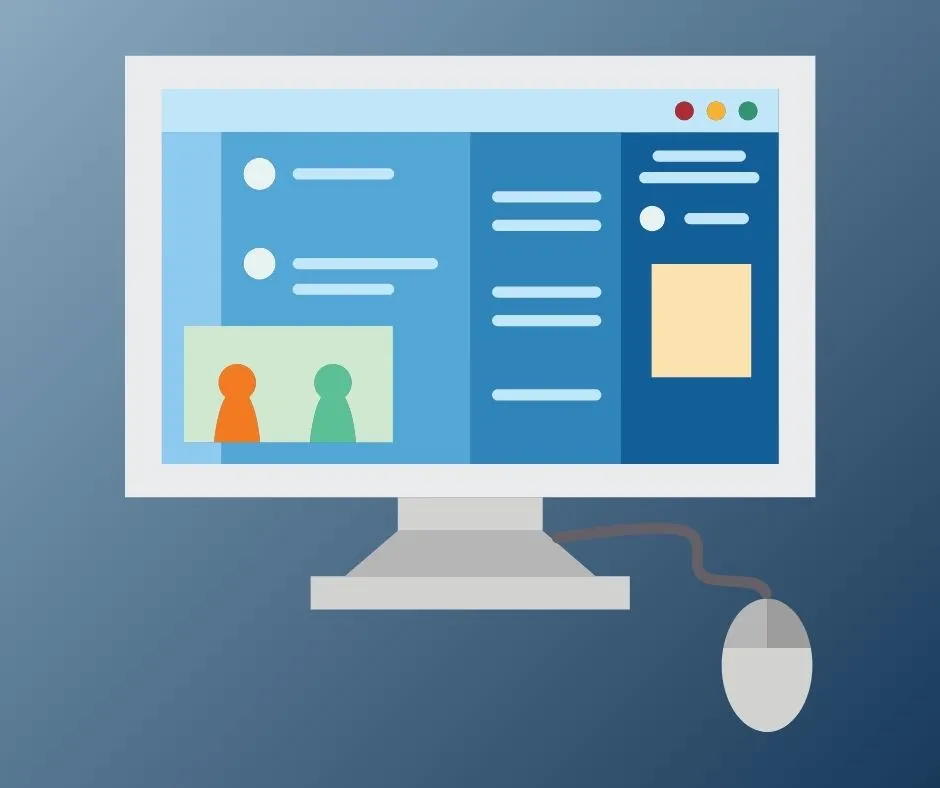
Creating an effective website is a multi-step process that requires a basic understanding of programming and web design topics. Here are some tips for creating an effective website:
1. Define your goals
Before you start building your website, it is important to define your goals. What do you want to achieve with your website? Do you want to provide information, market products or services, or build a community? Once you know your goals, you can start developing a plan for how to achieve them.
2. Choose the right platform
There are many different platforms available for creating websites. Some platforms are more suitable for beginners, while others are more suitable for experienced developers. Choose the platform that meets your needs and capabilities.
3. Start with a good design
A good design is the key to an effective website. Make sure your website design is attractive and easy to use. Use clear and readable colors, fonts, and images.
4. Add high-quality content
Content is the most important part of any website. Make sure your content is accurate, useful, and interesting. Use clear and easy-to-understand language.
5. Optimize your website for search engines
Search engine optimization (SEO) is the process of improving your website so that it shows up in search results. Make sure to use relevant keywords in your website content, URL addresses, and title tags.
6. Promote your website
Once your website is ready, it is important to promote it. Use social media, advertising, and other marketing methods to spread words about your website.
Here are some additional tips for creating an effective website:
- Make your website mobile-friendly: More than half of website visits come from mobile devices. Make sure your website displays well on all devices.
- Use security certificates: Security certificates help visitors feel comfortable when visiting your website.
- Make regular updates to your website: Add new content and fix errors regularly to keep your website up-to-date and effective.
By following these tips, you can create an effective website that meets your goals and attracts visitors.
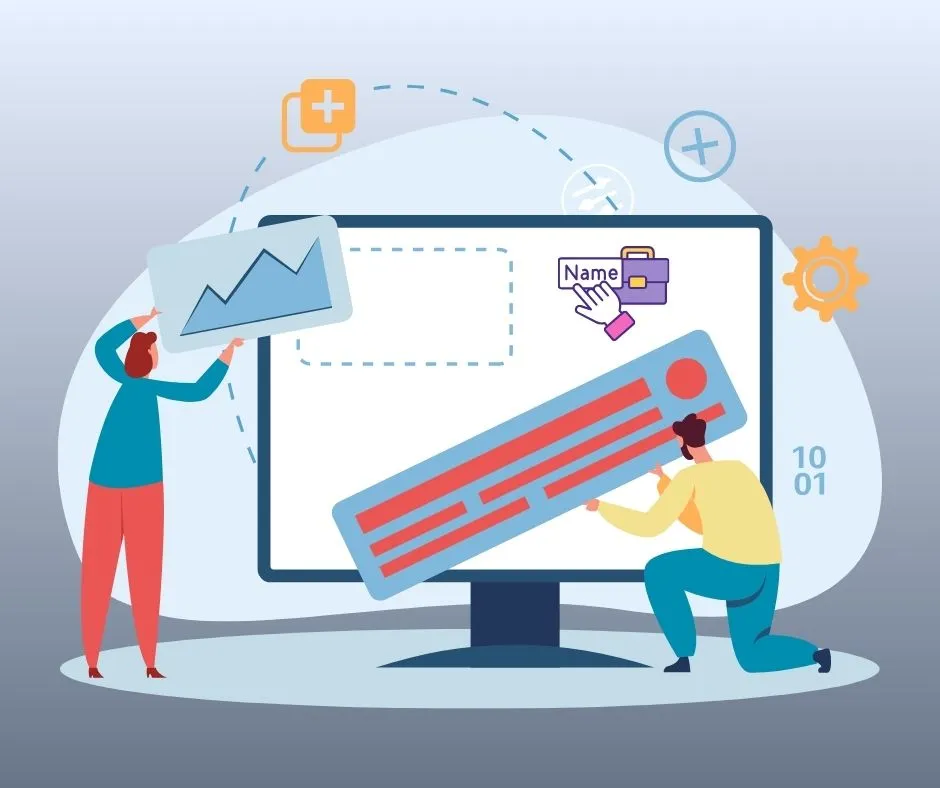
How to create apps
Creating an effective application is a multi-step process that requires a basic understanding of programming topics. Here are some tips for creating an effective application:
1. Define your goals
Before you start creating your app, it is important to define your goals. What do you want to achieve with your app? Do you want to provide a service or product, entertain users, or improve efficiency? Once you know your goals, you can start developing a plan for how to achieve them.
2. Choose the right platform
There are many different platforms available for creating apps. Some platforms are more suitable for beginners, while others are more suitable for experienced developers. Choose the platform that meets your needs and capabilities.
3. Learn the basics of programming
Even if you are using an app creation tool without writing any code, it is important to have a basic understanding of how programming works. This will help you understand how your app works and how to fix potential errors.
4. Start with a good design
A good design is the key to an effective app. Make sure your app's design is attractive and easy to use. Use clear and readable colors, fonts, and images.
5. Add useful features
Think about the features that users will need from your app. Make sure your app provides value to users.
6. Test your app carefully
Before you launch your app, it is important to test it carefully. Look for bugs and fix them before users can access it.
7. Publish your app
Once you are satisfied with your app, you can publish it. There are many different ways to publish apps, such as the App Store or Google Play Store.
Here are some additional tips for creating apps:
- Make your app mobile-friendly. More than half of app usage comes from mobile devices. Make sure your app displays well on all devices.
- Use security certificates. Security certificates help users feel comfortable using your app.
- Make regular updates to your app. Add new features and fix bugs regularly to keep your app up-to-date and effective.
By following these tips, you can create apps that are both functional and appealing to users.
Types of Apps
There are many different types of apps available. Here are some common examples:
- Gaming apps: These apps are designed to entertain users.
- Productivity apps: These apps are designed to help users complete tasks, such as managing time or creating content.
- Shopping apps: These apps are designed to allow users to purchase products or services online.
- Social media apps: These apps are designed to connect users with each other.
- Health and fitness apps: These apps are designed to help users maintain their health and fitness.
App creation tools
There are many app creation tools available that can help you create an app without having to write any code. Some of these tools are free, while others are paid. Here are some common examples of app creation tools:
- Appy Pie
- AppMakr
- Mobincube
- BuildFire
- App Inventor
If you are a beginner at creating apps, using an app creation tool can be a great way to get started. However, if you want to learn to code, you can also create an app by writing your own code.
In conclusion
we can conclude that creating websites and developing apps are two interconnected and vital processes in our current era of modern technology. Websites and mobile apps are modern and innovative interfaces for interacting with the public and providing services and content.



